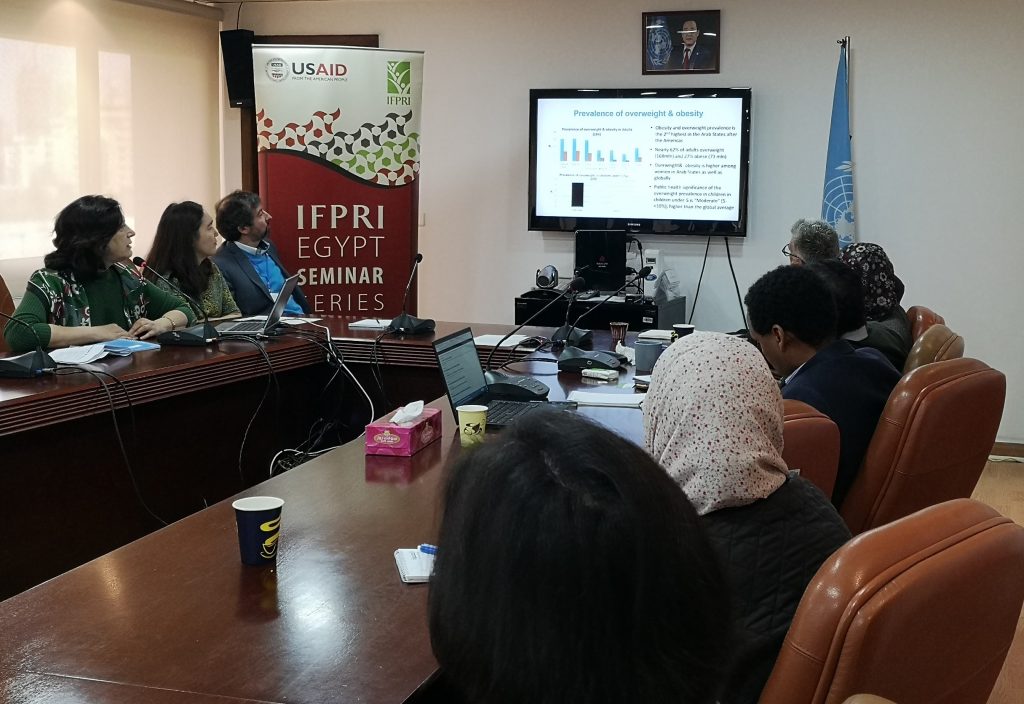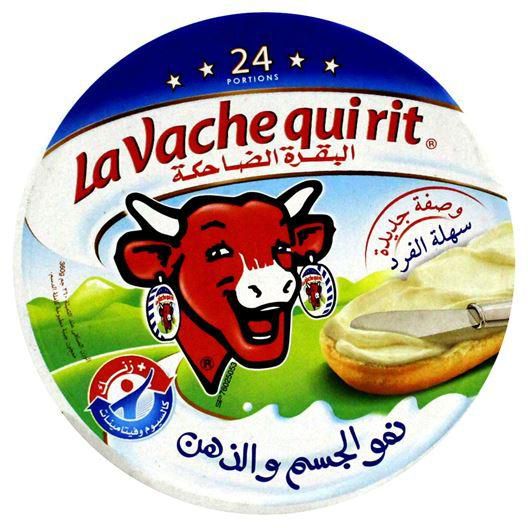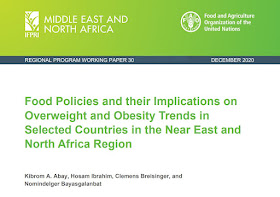17 December 2020. IFPRI-FAO Report Launch "Food Policies and their Implications on Overweight and Obesity Trends in Selected Countries in the Near East and North Africa Region"
The COVID-19 pandemic is an important reminder and rationale for investing in sustainable and healthy food systems. Several evolving studies show that obesity is an important risk factor for COVID-19 complications. The Near East and North Africa (NENA) region countries are known for high levels of overweight and obesity. Most predictions suggest that the rates of overweight and obesity have been increasing and are expected to reach alarming rates in the next few decades; there are several explanations that justify why.
Opening Session- Moderator: Dr. Clemens Breisinger, MENA and Egypt Program Leader and Senior Research Fellow, IFPRI
- Mr. Serge Nakouzi, Deputy Regional Representative, FAO (RNE)
- Dr. Johan Swinnen, Director General, IFPRI
- Dr. Maximo Torero, Chief Economist, FAO
- Dr. Kibrom Abay, Research Fellow and Study Team Leader, IFPRI
- Moderator: Dr. Olivier Ecker, Senior Research Fellow, IFPRI
- Dr. Ibrahim Ashmawy, Deputy Minister, Ministry of Supply and Internal Trade, Egypt
- Dr. Abdelkader Ait El Mekki, Professor of Agricultural Economics, Head of Department of Rural Economics, National School of Agriculture, Morocco
- Mr. Emad Qaiss Sliwah, Senior Agronomist, Ministry of Agriculture, Iraq
- Dr. Habiba Ali, Chairperson and Dietetics Program Coordinator, Department of Nutrition and Health, United Arab Emirates
- Eng. Saleh Al Shanfari, CEO, Food Investment Company, Oman
- Moderator: Ms. Nomindelger, Bayasgalanbat, Nutrition and Food System Officer, FAO (RNE)
- Dr. Gihan Fouad, Director of National Nutrition Institute, Egypt
- Dr. Sherine Al-Shawarby, Professor of Economics, Cairo University, Egypt
- Dr. Farah Naja, Associated Professor, University of Sharjah, UAE, and the American University of Beirut, Lebanon
- Ms. Fatema AlMulla, Senior Research Analyst, Food and Water Security Office, UAE
- Dr. Ayoub Al-Jawaldeh, Regional Nutrition Advisor, WHO EMRO
- Dr. Caroline Chesneau, Director, Bel Group LLC "La Vache qui rit" with additional iron will be launched in Egypt". Bel Group LLC is also producing Kiri cheese)
- Mr. Jean-Marc Faurès, Regional Programme Leader, FAO (RNE)
- Dr. Clemens Breisinger, MENA and Egypt Program Leader and Senior Research Fellow, IFPRI
Resource:
IFPRI/FAO (2020) Food Policies and their Implications onOverweight and Obesity Trends inSelected Countries in the Near East andNorth Africa Region. Kibrom A. Abay, Hosam Ibrahim, Clemens Breisinger, and
Nomindelger Bayasgalanbat. 58 pp.
"Some Pacific island nations, for
example, have begun to tax fat-rich foods and sugary drinks, a policy that has reduced the
consumption of such food items. The Mexican sugar-sweetened
beverage tax has been a major nationwide policy intervention to encourage consumers to switch to
healthier diets. Some NENA
countries have made efforts to introduce sugar-sweetened beverage taxes, as in Saudi Arabia’s
recently introduced 50 percent excise tax on sugar-sweetened beverages". (page 44)




No comments:
Post a Comment